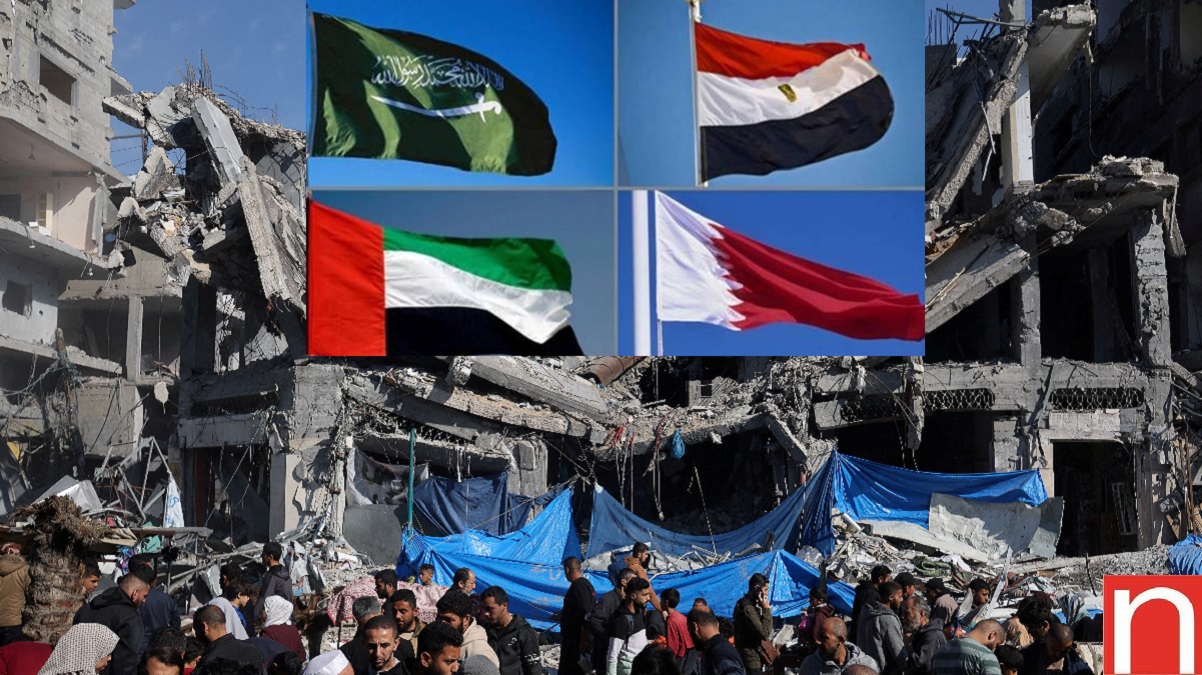The diplomatic efforts to negotiate a ceasefire between Israel and Hamas are crucial not only for the immediate cessation of hostilities but also for long-term stability in the region. The involvement of mediators from the U.S., Qatar, and Egypt underscores the international community’s recognition of the urgency and importance of resolving the conflict peacefully.
Despite Hamas’s positive response to the proposed ceasefire and their outlined demands, there are still significant obstacles to overcome. The entrenched positions of both parties, coupled with deep-rooted grievances and mistrust, make reaching a lasting agreement challenging. Moreover, the volatile nature of the situation on the ground, with ongoing military operations and civilian casualties, adds to the complexity of the negotiations.
Must Read: Apple Watch faces delay until after 2026 due to supply chain issues with MicroLED technology
The impact of the conflict extends beyond the borders of Gaza and Israel, affecting neighboring countries and regional alliances. The stance of Saudi Arabia, a key player in the Middle East, underscores the broader geopolitical implications of the conflict. The decision to put plans to normalize ties with Israel on hold reflects the sensitivity of the issue and the importance of addressing the underlying grievances of the Palestinian people.
Challenges and Progress in Negotiating Israel-Hamas Ceasefire
In conclusion, while the diplomatic efforts to negotiate a ceasefire offer hope for a resolution to the immediate crisis, the road ahead remains challenging. The involvement of mediators, coupled with the willingness of both parties to engage in dialogue, provides a glimmer of hope for a peaceful resolution. However, the complexities of the conflict and its broader implications underscore the need for sustained international engagement and commitment to finding a lasting solution.




